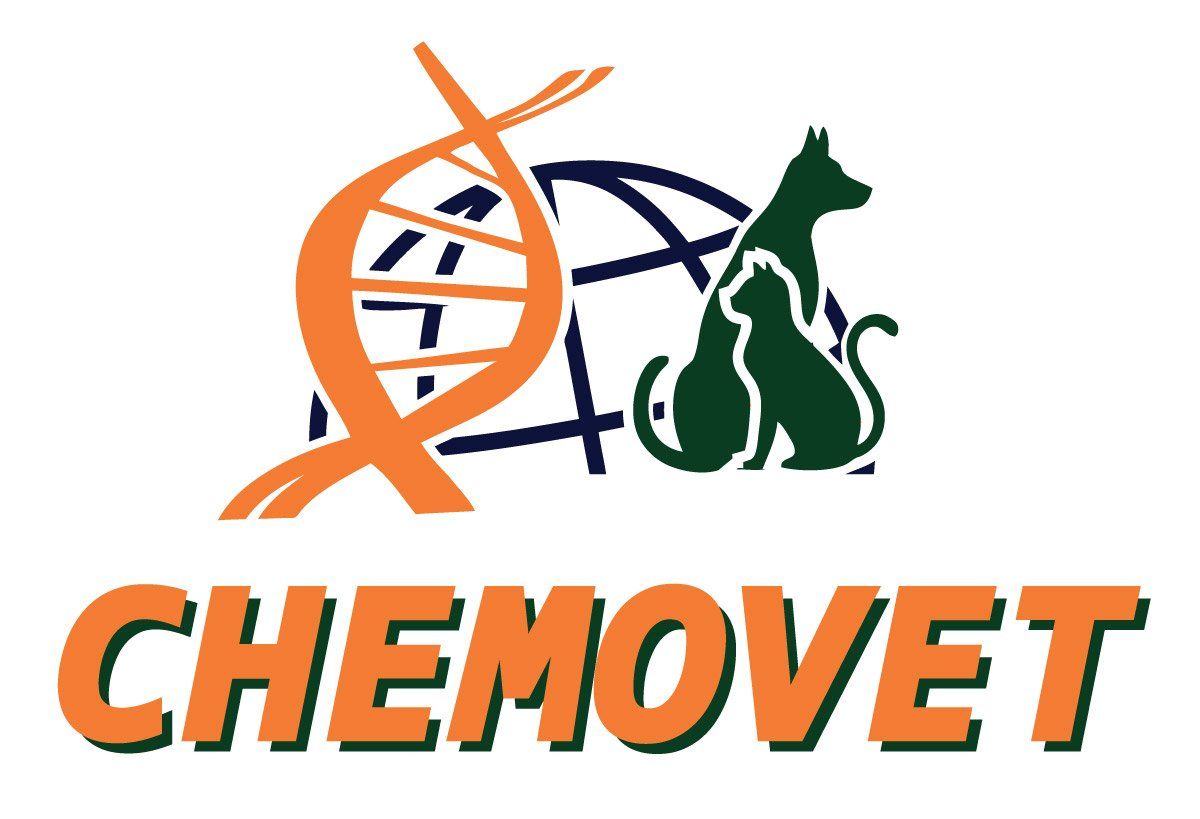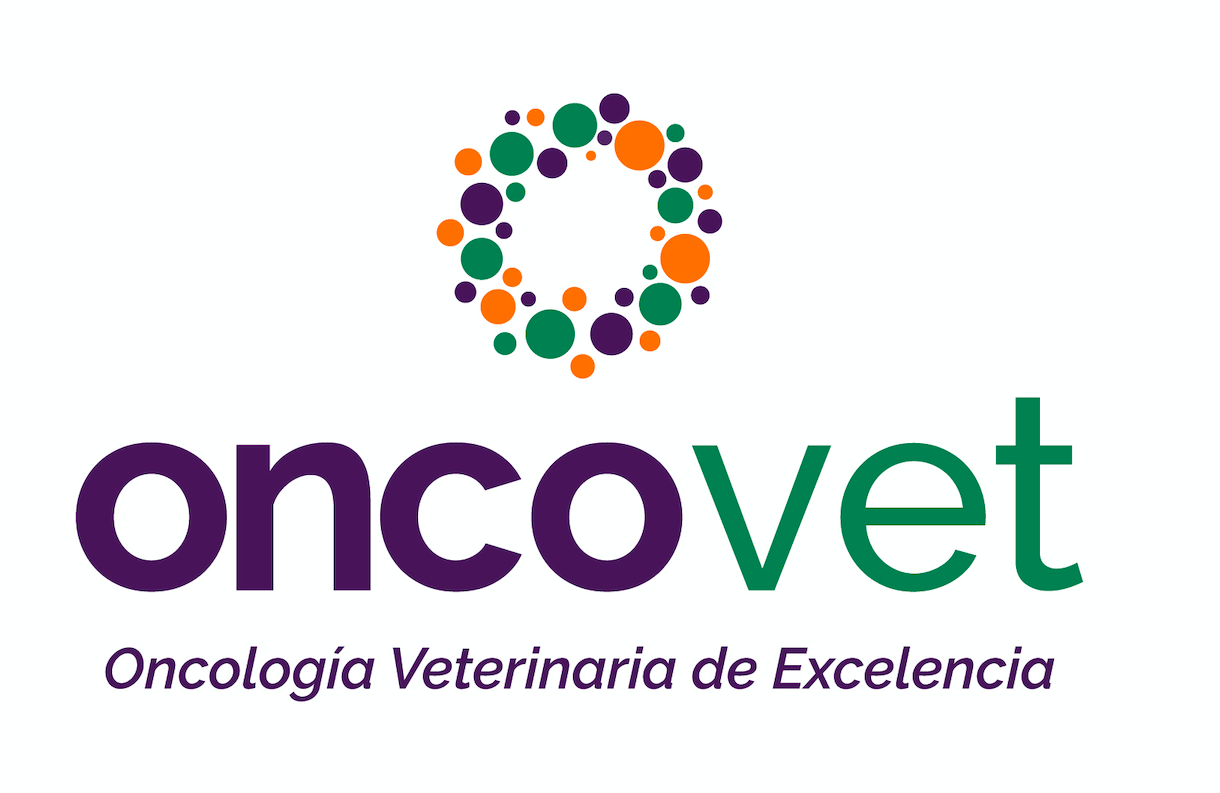MEDICATION SAFETY
Committed to the Growth and Development of Veterinary Oncology and Endocrinology in the World
OUR MAIN CONTROLLED PRESCRIPTION MEDICATIONS ARE:
ONCOVET® C (Cyclophosphamide) 5 mg x 30 tablets.
ONCOVET® C (Cyclophosphamide) 10 mg x 30 tablets.
ONCOVET® C (Cyclophosphamide) 50 mg x 30 tablets.
ONCOVET® CL (Chorambucil) 2 mg x 20 tablets.
ONCOVET® CL (Chorambucil) 10 mg x 20 tablets.
ONCOVET® H (Hydroxyurea) 100 mg x 30 tablets.
ONCOVET® H (Hydroxyurea) 250 mg x 30 tablets.
ONCOVET® H (Hydroxyurea) 500 mg x 25 tablets.
ONCOVET® I (Imatinib) 100 mg x 30 tablets.
ONCOVET® I (Imatinib) 200 mg x 30 tablets.
ONCOVET® IM (imiquimod) ointment.
ONCOVET® L (Lomustina) 10 mg x 10 capsule.
ONCOVET® L (Lomustina) 40 mg x 10 capsule.
ONCOVET® M (Mitotane) 200 mg x 10 tablets.
ONCOVET® M (Mitotane) 500 mg x 10 tablets.
ONCOVET® MF (Melphalan) 2 mg x 20 tablets.
ONCOVET® MTX (Methotrexate) 0.5 mg x 30 tablets.
ONCOVET® MTX (Methotrexate) 2.5 mg x 30 tablets.
ONCOVET® MTX (Methotrexate) 5 mg x 30 tablets.
ONCOVET® PZ (Procarbazione) 25 mg x 14 and 28 tablets.
ONCOVET® PZ (Procarbazione) 50 mg x 14 and 28 tablets.
ONCOVET® PZ (Procarbazione) 100 mg x 14 and 28 tablets.
ONCOVET® TL (Trilostane) 10 mg x 30 tablets.
ONCOVET® TL (Trilostane) 30 mg x 30 tablets.
ONCOVET® TL (Trilostane) 60 mg x 30 tablets.
ONCOVET® TL (Trilostane) 120 mg x 30 tablets.
ONCOVET® ITK (Toceranib) 25 mg x 30 tablets.
ONCOVET® ITK (Toceranib) 50 mg x 30 tablets.
ONCOVET® ITK (Toceranib) 100 mg x 30 tablets.
ONCOVET® TR (Trametinib) 0.5 mg x 20 tablets.
ONCOVET® TR (Trametinib) 1 mg x 20 tablets.
ONCOVET® TR (Trametinib) 2 mg x 20 tablets.
PRESCRIPTION OF ONCOLOGICAL MEDICATIONS FOR PETS AFFECTED WITH CANCER
For CHEMOVET, it is very important to guarantee that veterinary oncology patients receive appropriate, high-quality medications and that current legislation on the prescription of veterinary oncology medications is complied with.
If your pet received an oncology medication NOT authorized for veterinary use and had side effects or did not have the desired therapeutic effect, please contact us.
Human medicine oncology medications are NOT legally approved for use in dogs and cats with cancer. These could have serious consequences on your pet's health.
During the registration process of medicines for veterinary use, health authorities in veterinary medicine place great emphasis and (in a totally coherent and logical manner) that the insert/leaflets must have sufficient and clear information so that the guardian of the pet that is going to receive said medication has all the necessary information on dosage, route of administration, indications for use, target species,
pharmacokinetics in the target species, pharmacodynamics in the target species, precautions to be taken before, during or after administration, possible side effects (local and/or general), pharmacological incompatibilities and antagonisms, symptoms, emergency behavior and antidotes , etc etc.
If you have any questions about the legitimacy of the oncology medication your pet is being given, you can contact us and we will be happy to help.
A prescription correctly prepared by a veterinarian should have the following data as requiredfor the prescription of prescription medications on file (as all oncological medications for veterinary use qualify).
The omission of data (intentional or not) may lead to errors in processing.
The prescribing veterinarian is also responsible for complying with current legislation.
SAFETY OF ONCOLOGICAL MEDICATIONS FOR PETS AFFECTED WITH CANCER
CHEMOVET medicines are medications designed specifically for canine and feline patients, with the highest quality standards in pharmaceutical technology, guaranteed EFFICACY and SAFETY for the patient and ENVIRONMENT CARE. This includes:
🐾 Microbiological studies.
🐾 Toxicological studies.
🐾 Studies of the concentration of active ingredient.
🐾 Interaction studies between excipients and active.
🐾 Dissolution studies in the target species.
🐾 Impurity studies.
🐾 Stability studies.
🐾 Acid degradation studies.
🐾 Alkaline degradation studies.
🐾 Oxidative degradation studies.
🐾 Thermal degradation studies.
🐾 Specificity studies.
🐾 Accuracy studies.
🐾 Lineability studies.
🐾 Tablet uniformity studies.
🐾 Validation of analytical techniques.
🐾 Validation of cleaning of equipment with respect to other assets (main cause of subsequent fatal anaphylactic reactions).
🐾 Study of pharmacotechnical characteristics of the tablets (humidity, average weight, diameter, thickness, hardness, friability, disintegration, dissolution, etc.).
🐾 Repeatability study with a minimum of 2 analysts.
ADDRESS
Av. 9 de Julio 3875
Lanús (1824) Buenos Aires
OPENING HOURS
Monday to Friday from 9 a.m. to 5 p.m.


